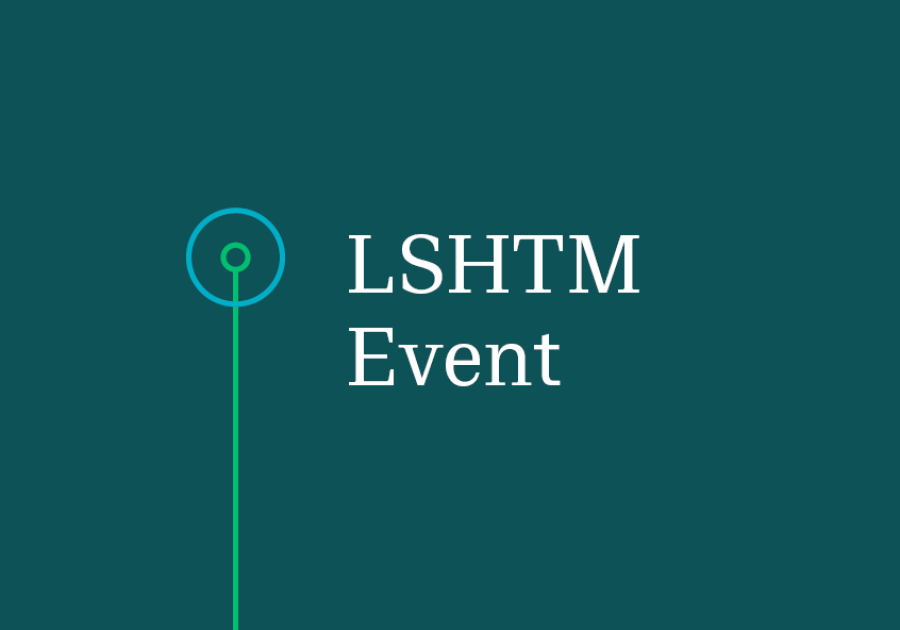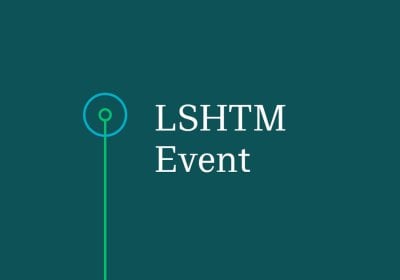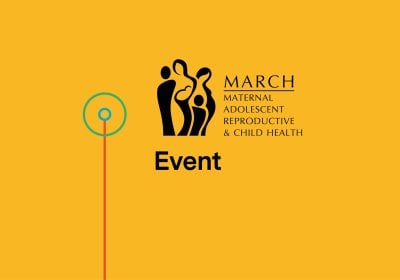Inaccessible access: how academia excludes disabled people and what we can do about it
Discussing experiences of disability within academia

In this International Centre for Evidence in Disability seminar, panelists in academia, including those with lived experience of disability will share their experience learning and working in higher education institutions, as well as their own research on how people with disabilities confront and overcome social, environmental, communicative, and epistemological barriers in academia. Some of these experiences and research are being published within the book “Inaccessible Access Rethinking Disability Inclusion in Academic Knowledge Creation” out in November 2024 from Rutgers University Press. Join us for an exclusive sneak peek at what co-authors have to say!
This will be a panel discussion between researchers who have experience of disability within academia and who have done research to understand disability inclusion within academia. The intended audience is academics and disabled people/people with disabilities and their allies who are interested in widening access to academia. There will be discussion amongst the panellists and opportunities for the audience to ask questions.
Speakers
Ms. Harshadha Balasubramanian, Ph.D. Candidate, University College London
Harshadha Balasubramanian is a doctoral candidate in the Centre for Digital Anthropology at UCL and an Associate Lecturer at the Royal College of Art. Harsha’s PhD project, funded by the London Arts and Humanities Partnership, critically explores efforts to co-design non-visual access in virtual reality (VR) art, asking how the process of designing digital interfaces becomes entangled with the production of disability. Her teaching pursues this question with students of other emerging digital media, addressing why and how their practices could be aligned with disability justice. A defining feature of Harsha’s work has been to foreground lived experience of disability and marginalised arts practices, such as Audio Description, to reimagine research and design practice, co-producing and sharing these ideas through interdisciplinary publications, VR projects, an internship at Microsoft Research, and a fellowship at the Critical Design Lab.
Dr Julia Modern, Senior Policy & Campaigns Manager-Inclusion London
Julia is a disabled researcher and campaigner with over a decade’s experience in the UK DDPO sector. She rejoined the Inclusion London team in 2024, after two years working as a researcher at SOAS, University of London. Her PhD, which she completed in 2021, was about a disabled women’s organisation in Uganda, a country with a unique system of political representation by disabled people in parliament and local councils. She currently leads Inclusion London’s policy and campaigns work on poverty and inequality affecting disabled people in the UK.
Dr Kelly Fagan Robinson, Assistant Professor of Medical Anthropology, University of Cambridge
Kelly earned her PhD in Anthropology at University College London, focusing on British Sign Language (BSL)-in-use, and institutional reception/resistance to deaf-centred social practices, Looking to Listen. Robinson’s research has for more than a decade focused on evidence of epistemic injustice in communications between individuals and institutions in the UK, and the keen need to fundamentally change how expertise is recognised and valued in order to generate long term sustainable wellbeing and prosperity for more than the 1%. Robinson’s research focuses on what she calls ‘inReach’: the transformation of elite institutions into more inclusive domains through participant inclusion from design to dissemination. She is the founder of the youth-led ,Citizen Social Science programme, ‘ABC’: “Anthropology By Children, Anthropology By Communities.” Robinson believes that by training less-listened-to young people in multimodal ethnographic methods, anthropology can bring more youth experiences and non-normative ways of listening, knowing and being into academic and policy-making spaces, facilitating live platforms for connection, and situating access and equality as central to processes of knowing.
Event notices
- Please note that the recording link will be listed on this page when available.
Admission
Contact


